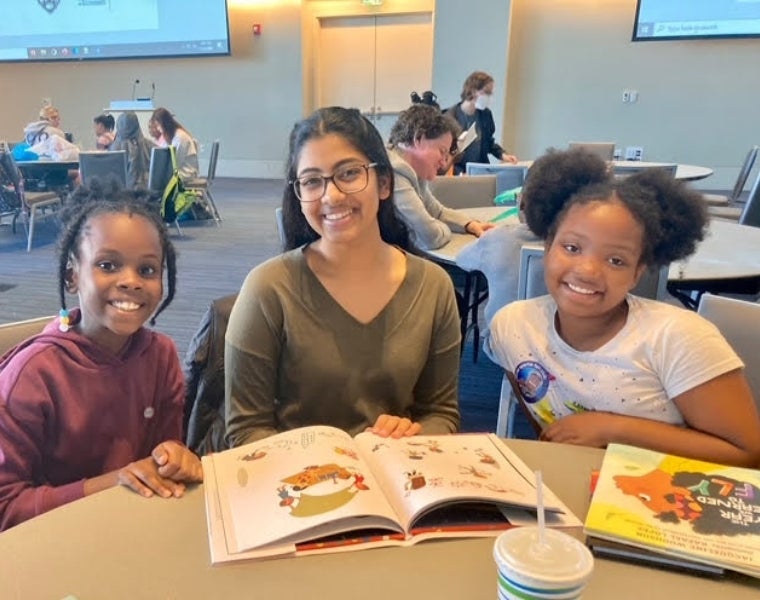Tomorrow, Case Western Reserve University students will fan out around the Cleveland area to give back to the community during Saturday of Service. They will sort and pack books for children for the Kids’ Book Bank, prepare science learning materials for Cleveland public school students at the Cleveland Botanical Garden, clean up urban farms and take part in other activities throughout the day.
Held once a semester and hosted by the Center for Civic Engagement and Learning (CCEL), Saturday of Service is a notable coordinated effort to demonstrate the university’s appreciation for the surrounding community. However, it is just one example of the ways in which members of the Case Western Reserve community engage with the Greater Cleveland community.
But identifying the full scope of community programming across campus is a challenge—one the Office of Government and Community Relations aims to remedy with Collaboratory, an online platform that allows faculty, staff and students to share their efforts.
Collaboratory was designed specifically for use by universities to measure the true impact of their community engagement efforts across student organizations, schools, departments and other units. The platform allows users to document their community engagement efforts on a publicly accessible database, which is a mutually beneficial exercise.
Kate Klonowski, director of local government and community relations, called Collaboratory a “win-win-win situation.”
Community engagement leaders are better able to promote their work, those in the community can identify efforts in which they can engage, and the university as a whole can demonstrate its widespread impact. Members of the campus community who aren’t actively involved in a program also can benefit from browsing the programs available to find out which community partners are already engaged with CWRU and identify programs on which they can collaborate.
The Collaboratory platform goes beyond traditional community service and incorporates research projects with community-oriented components, courses that integrate public service and other programs that benefit the local community.
“It’s a good way for us to tell our story to the community,” said Julian Rogers, associate vice president for local government and community relations.
The platform’s success hinges on the extent to which information is imported into it. Anyone on campus who is doing any community engagement activity—whether on the local, state, national or global level—is encouraged to create an account and share their activities on Collaboratory. Staff at the Office of Government and Community Relations are available to host one-on-one or group training sessions to help faculty, staff and students learn how to use the platform and make use of the benefits it offers.
Sign up for a drop-in tutorial workshop or email Klonowski at kak121@case.edu for assistance.


